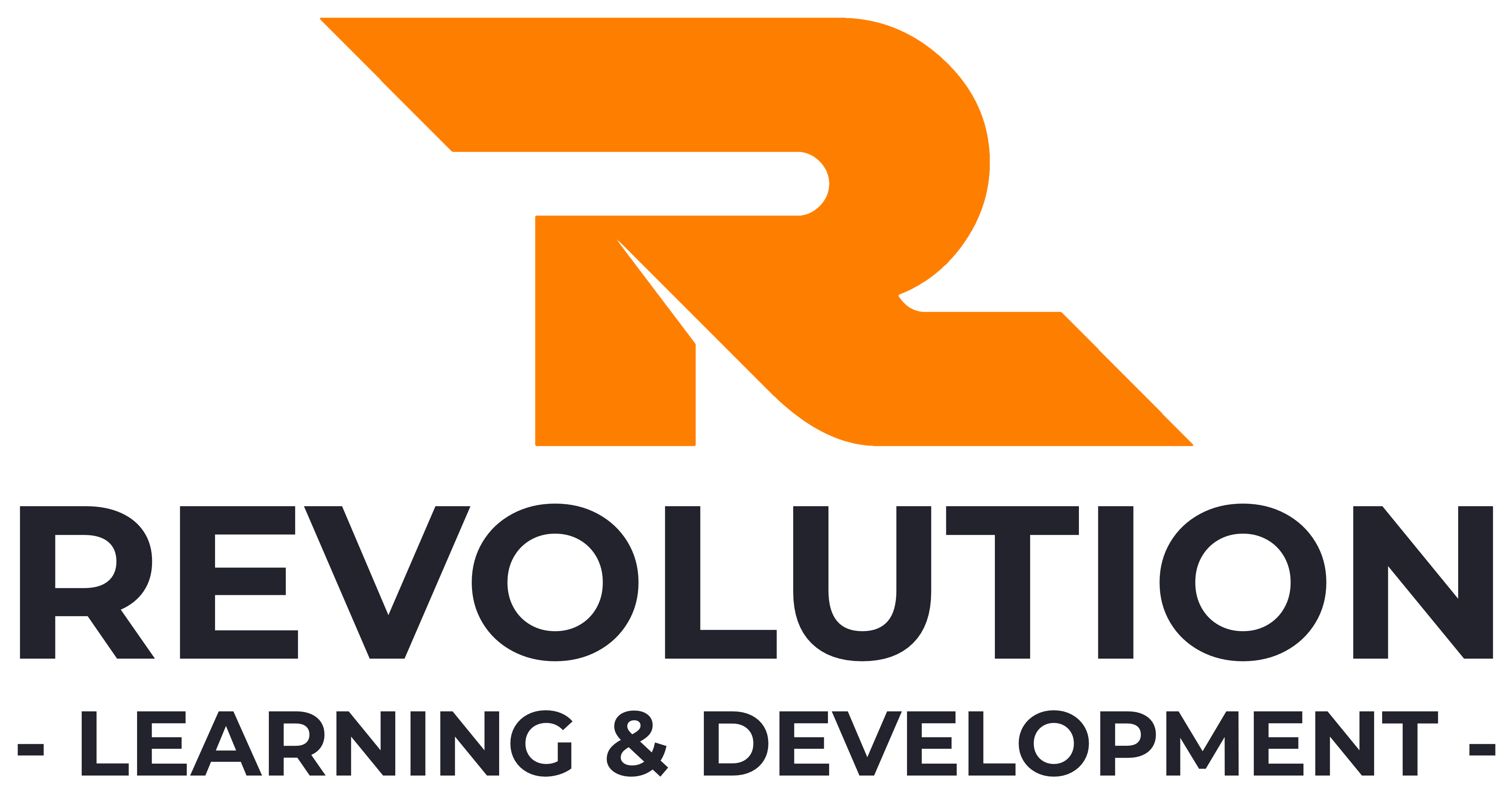Background
What is self-awareness? Self-awareness is the understanding of you. It involves the understanding of a range of different things about ourselves. Self-awareness is about knowing ourselves better, how we act and behave and what we show other people.
What is Self-Awareness?
Self-awareness is about having a deeper understanding of yourself. It means you take some time to look at who you are, what you do, how you act and how other people see you. To be more self-aware, you need to deeply understand your:
- Behaviours – the outward actions that you demonstrate and other people see. People will use these behaviours to make a judgement or perception of who you are and how you are feeling. Behaviours tend to be unconscious, but if you are being self-aware, you need to become much more conscious of them.
- Attitude – the decisions you make to positively act or negatively react to situations and people. Many of your decisions that are linked to attitude are unconscious. You need to make these more conscious. The behaviour that you demonstrate is influenced by your attitude. See our article on the difference between positive and negative attitude and what is mindset to learn more.
- Motivators – what drives you to act. What drives you to move towards a goal. What causes you to hold back or retract. You need to understand what positively influences you and therefore motivates you to move forward.
- Traits – the learnt things that you have done for so long that are now habitual. These might be things you say, things you do or how you respond to situations
- Skills – what you are good at and not so good at. You need to be fully aware of your skills so you don’t end up in positions that are out of your depth and cause you to feel negative or become demotivated
- Emotions – how do you respond to others and situations. Do you get frustrated or angry when things don’t go your way? Do you worry when someone appears not to like you? We need to learn to manage our emotions and choose what we show others. Take a look at our article on what is assertiveness to learn more about how to do this.
- Feelings – who do you feel right now? Happy, sad, upset, positive, energised, lethargic, worried? We need to be able to recognise our feelings as our feelings tell you what we need to know about ourselves. You shouldn’t suppress your feelings – we should learn to read them and act on them.
- Values – what is important to you. What are the rules by which you live your life? Values are influenced by our upbringing and other life experiences and tell you, in your mind, what is right and wrong. Your values can clash with other people values so we need to consider and understand what ours are before we inflict or force them on others.
- Beliefs – what you believe you can and can’t do. Beliefs are self-taught things or influenced by other people what we can and can’t do. Your beliefs (or self-belief) might be holding you back.
- Personality – not everyone is the same and this can cause friction with others. You need to understand more about your personality and how other people might see it. This will help you to understand how to change your behaviour to meet the needs of others.
How to Become More Self-Aware
If you understand how to increase your self-awareness, you can build better and stronger relationships. You get better responses from others and therefore better results. You will feel better about yourself too. Here are some ideas that can help you to increase your levels of self-awareness:
- Self-reflect – take time to look back on your actions, your behaviour and your performance. If things don’t go the way you want, don’t negatively react. Instead, control your emotions and reflect then change. You could write these things down in a journal to help yourself reflect.
- Get honest feedback – ask other people for feedback about you and your behaviour. If we are ever to increase our levels of self-awareness, we need to understand how others see us for us to do that
- Complete a personality profile – this is a great way to understand more about you. While not everyone agrees with them, personality profiles are a great starting point for increasing your self-awareness. Take a look at the free personality test from 16 Personalities to get started.
- Articulate how you feel – write statements such as ‘when something goes wrong I feel…’. When I receive criticism I feel…’. Be honest with your answers. This will tell you a bit more about how others see you.
- Take a training course – sit a course on increasing self-awareness to understand in more depth how to do this.
Further Learning
If you wish to find out more about self-awareness and how to increase self-awareness, you may find a personal impact training course will help. Take a look at our Personal Impact Training Course for more details.





